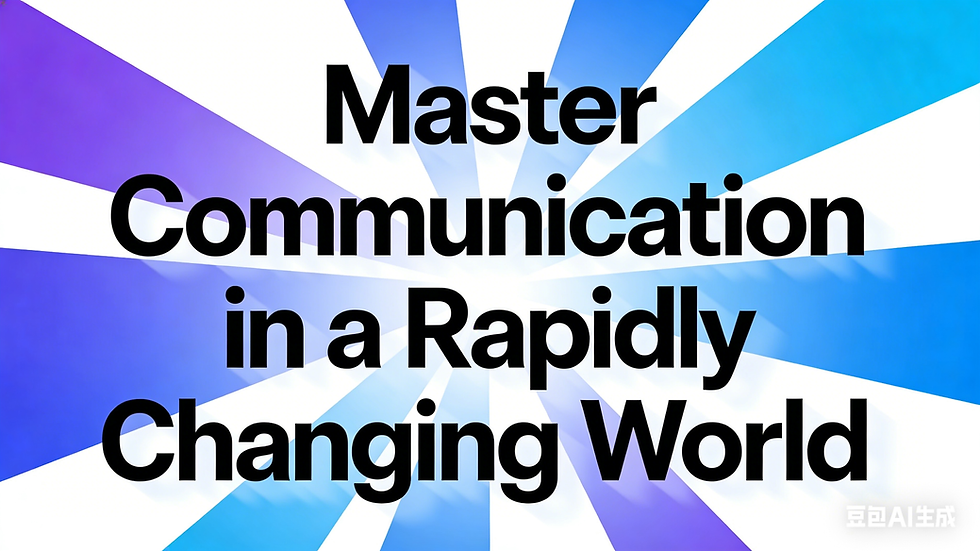The Power of Fusion: Unleashing Potential through Combined Mentorship and Coaching
- Robin Wong

- Dec 7, 2023
- 2 min read

In my line of work, I often encounter debate regarding the appropriateness of giving concrete advice as a coach. Unlike mentoring, which freely draws upon the mentor's knowledge and experience, coaching traditionally revolves around facilitating one's deep thinking and innate problem-solving abilities. As someone who has undertaken numerous coaching and mentoring assignments over the years, I've found that adopting a mentee-focused approach often yields results that far exceed expectations. I'd like to share my insights on this subject with you.
The Fusion
Mentoring and coaching, though distinct, are both powerful tools capable of catalyzing positive change. Effective mentor-coaching lies in the delicate balance of these roles. It requires active listening, a skill that enables one to discern when a mentee needs guidance or motivation to act. It also demands adaptability, allowing the mentor-coach to oscillate between roles to meet the mentee's needs. This intricate balancing act encompasses establishing clear goals, fostering a safe environment, encouraging self-reflection, and offering constructive feedback.
Personal growth is a unique journey for everyone, underscoring the need for a tailored approach. By understanding each mentee's aspirations, strengths, weaknesses, and learning styles, mentor-coaches can adapt their methods accordingly. They foster open communication, provide personalized feedback, and leverage diverse learning styles to resonate with the mentee, thus making the journey towards personal and professional goals more effective.
The fusion of mentoring and coaching transcends the mere combination of two techniques. It's about comprehending human potential and finding the key to unlock it. A mentor-coach is not just a guide or taskmaster but a collaborator in the individual's journey, creating a safe space for exploration, learning, and growth, all within the confines of a relationship grounded in mutual respect, trust, and communication.
The application of this approach is evident in the world of sports. Top coaches, like renowned football manager Alex Ferguson, have used it to develop untapped talents into world-class sportsmen. Ferguson adapted his approach to cultivate young talents like David Beckham, Cristiano Ronaldo, Ryan Giggs, and Paul Scholes, based on their unique characteristics, turning them into world icons.
Wrap-Up
In conclusion, the power of fusion lies in its flexibility, personalization, and focus on the mentee's needs. By marrying the relational strength of mentoring with the goal-oriented approach of coaching, mentor-coaches can facilitate comprehensive and effective personal growth. This transformative approach promises to pave the way for the future of personal development.
If you're looking to find a mentor, don't hesitate to reach out.


Comments